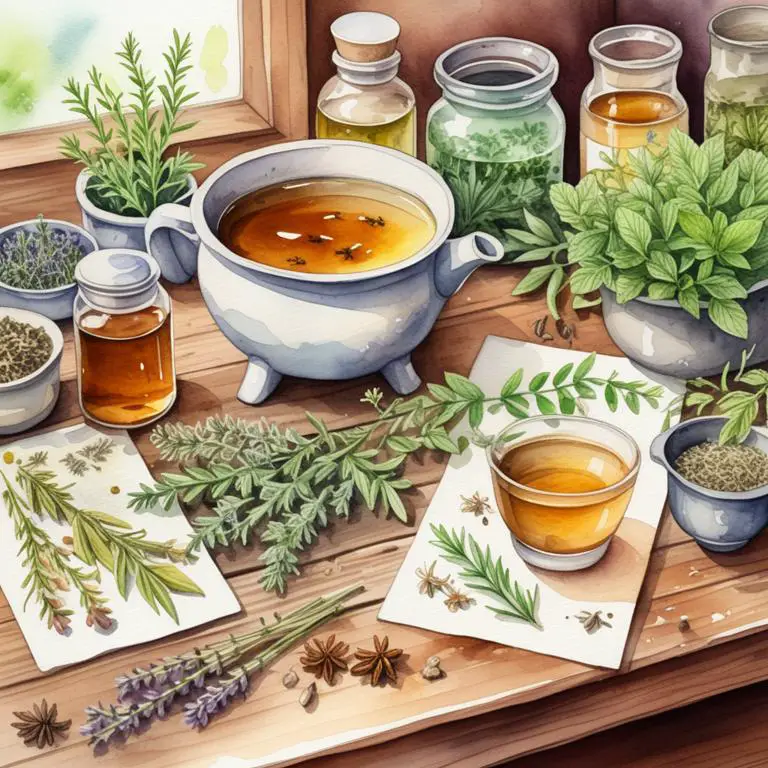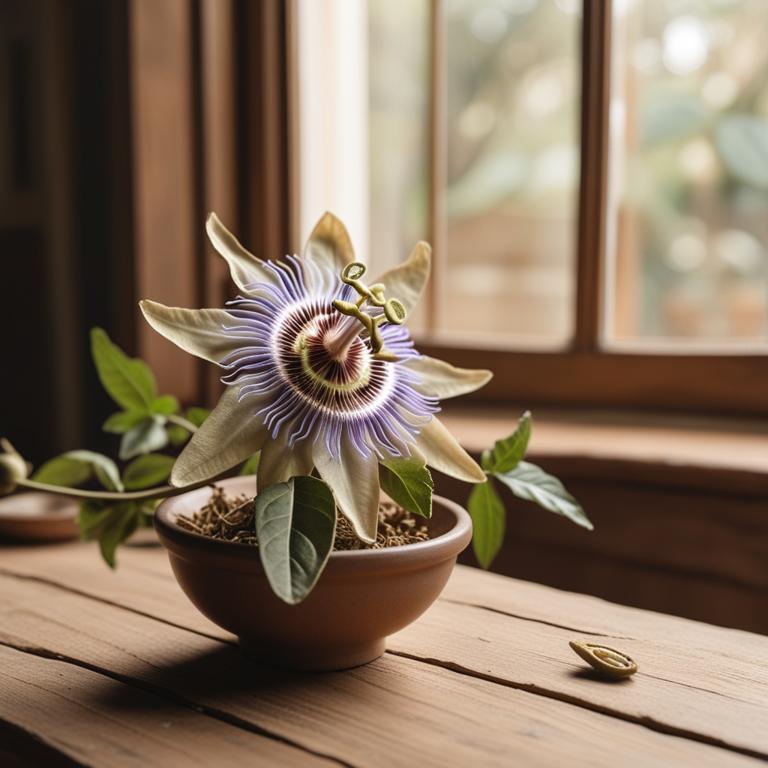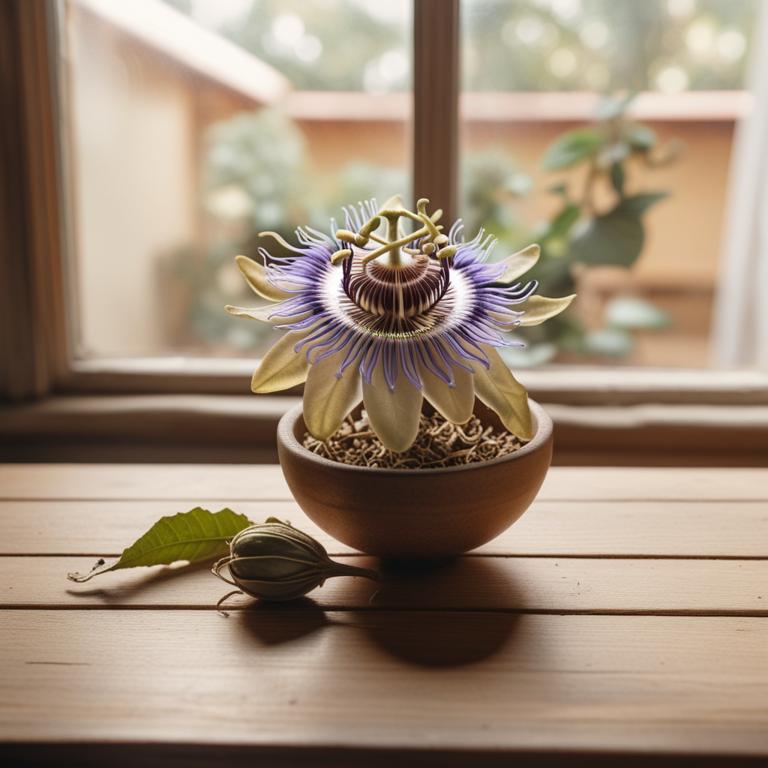Updated: Dec 1, 2024
Understanding Insomnia: Causes, Medicinal Herbs, and Herbal Remedies
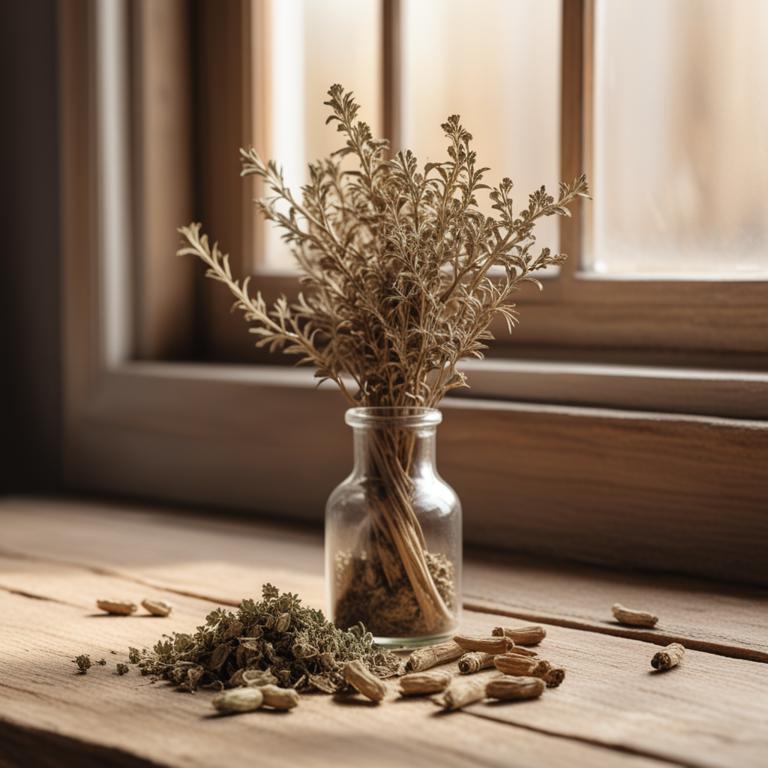
Insomnia is a common problem where people have trouble sleeping or staying asleep.
It can affect your mood, energy levels, and daily life. If you're not getting enough sleep, you might feel tired, grumpy, and struggle to focus. Insomnia is often caused by stress, anxiety, or an irregular sleep schedule. Herbal remedies can be a natural way to help with insomnia. Some herbs, like valerian root, have a calming effect on the body and mind.
Valerian root is often used in teas and supplements to promote relaxation and improve sleep quality. Another herb, chamomile, is known for its soothing properties and can be consumed as a tea or added to a warm bath before bed. Lavender is also used to calm the mind and body, and can be inhaled through essential oils or added to a pillow spray. Passionflower is another herb that has been used for centuries to help with anxiety and insomnia. It can be consumed as a tea or supplement, but it's essential to talk to a healthcare professional before using it.
These herbal remedies can be used alone or in combination with other natural methods, like meditation and deep breathing exercises, to help improve sleep quality.
Table of Contents
What are the root causes of insomnia?
The main causes of insomnia are often complex and can vary from person to person.
Stress, for instance, is a significant contributor. When we're stressed, our minds tend to overthink and worry, making it difficult to relax and fall asleep.
Anxiety is another major cause - people with anxiety often experience racing thoughts and a constant sense of unease, which can disrupt sleep patterns. Depression, a mental health condition characterized by persistent sadness and loss of interest in activities, can also lead to insomnia. In many cases, depression makes it hard to fall asleep or stay asleep due to feelings of hopelessness and a lack of motivation.
Furthermore, sleep disorders like sleep apnea, restless leg syndrome, and insomnia itself can create a vicious cycle - people with these disorders often struggle to fall asleep or stay asleep, which can exacerbate the underlying condition.
What are the advantages of using herbs for treating insomnia?
Using herbs for insomnia can be really helpful.
One of the main benefits is that they can calm your mind and body, making it easier to fall asleep. These herbs have a natural soothing effect, which can reduce stress and anxiety that often keep you awake at night.
They can also help regulate your sleep-wake cycle, so you can get the restful sleep you need. Some herbs have a sedative effect, which can help you relax and fall asleep faster. Additionally, these herbs can be used in a variety of ways, such as teas, tinctures, or capsules, making it easy to incorporate them into your bedtime routine.
They can also be combined with other relaxation techniques, like deep breathing or meditation, to help you unwind and prepare for sleep.
Which herbs are commonly used for insomnia relief?
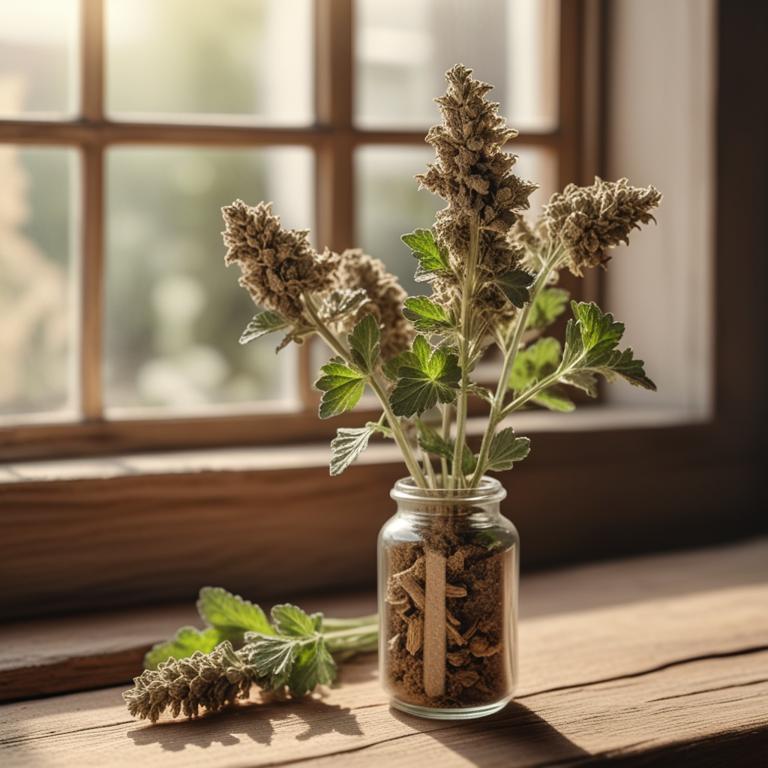
Herbs have been used for centuries to help people sleep better.
One herb that can help with insomnia is Melissa officinalis, also known as lemon balm. It has a calming effect on the mind and body, which can make it easier to fall asleep. It also has a light and refreshing scent, which can help to create a peaceful atmosphere in the bedroom. Another herb that can help with insomnia is Valeriana officinalis, also known as valerian root. It has been used for centuries to help people sleep better, and it is known for its sedative properties. Valerian root can help to calm the mind and body, making it easier to fall asleep and stay asleep. It can also help to reduce stress and anxiety, which are common causes of insomnia. Lavandula angustifolia, also known as lavender, is another herb that can help with insomnia.
Its calming scent can help to create a peaceful atmosphere in the bedroom, and it can also help to reduce stress and anxiety. Lavender has a sedative effect on the body, which can help to make it easier to fall asleep and stay asleep. Passiflora incarnata, also known as passionflower, is another herb that can help with insomnia. It has a sedative effect on the body, which can help to make it easier to fall asleep and stay asleep. Passionflower can also help to reduce stress and anxiety, which are common causes of insomnia. Finally, Zingiber officinale, also known as ginger, can help with insomnia. While ginger is not typically thought of as a sleep aid, it can help to reduce inflammation and alleviate digestive issues that can interfere with sleep. It can also help to create a sense of calm and relaxation, making it easier to fall asleep. In addition to these herbs, it's worth noting that they can also be used in combination with each other, or with other relaxation techniques, to help with insomnia.
For example, a warm bath with lavender and valerian root can be a great way to relax before bed, while a cup of lemon balm tea can be a soothing way to unwind before sleep.
What are the most widely used herbal supplements for insomnia?
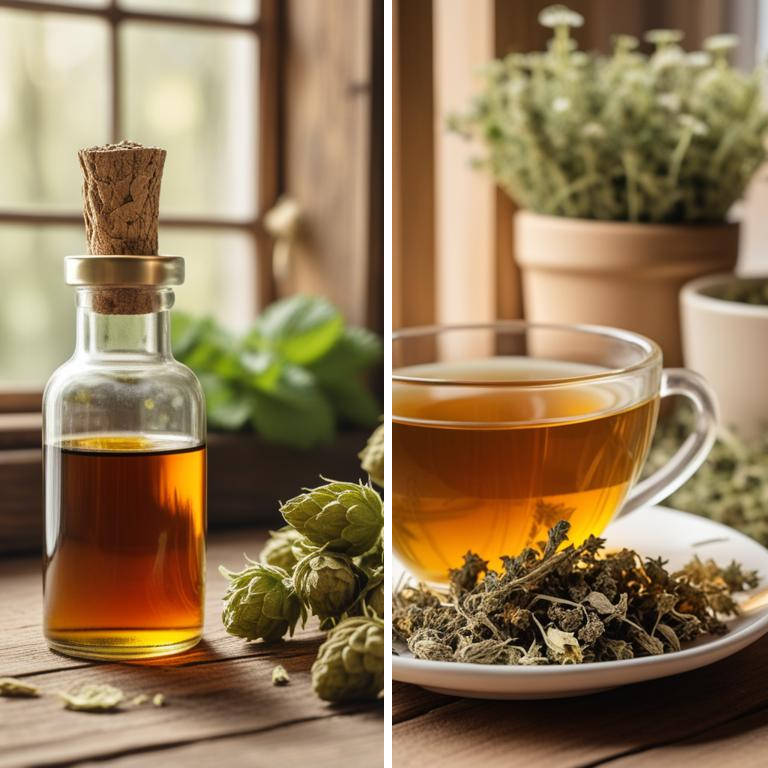
If you're struggling with insomnia, herbal preparations can be a natural and effective way to help you sleep.
A tincture is a concentrated liquid extract that can be added to water or taken directly under the tongue. It's good for insomnia because it's fast-acting and can be easily absorbed into the body. A decoction is a strong brew made by boiling herbs in water. It's great for insomnia because it releases the active ingredients from the herbs, making them easier to absorb. Chamomile decoction, for example, has a soothing effect on the mind and body, helping you relax and fall asleep. Herbal tea is another popular choice for insomnia. It's a weak brew made by steeping herbs in hot water.
Valerian root tea is a good example, as it has a sedative effect that can help calm your mind and body. You can also try drinking a calming tea, like lavender or passionflower, before bed. An infusion is similar to herbal tea, but it's made by steeping herbs in cold water. This method is gentler on the herbs and releases their active ingredients more slowly. A calming infusion, like chamomile or lemon balm, can help you unwind and prepare for sleep. If you prefer a more convenient option, you can also take herbal preparations in capsule form. This method is good for insomnia because it's easy to take and the herbs are already concentrated, so you don't have to worry about making a brew.
A sleep-promoting capsule, like one containing melatonin or valerian root, can help regulate your sleep patterns and improve the quality of your sleep.
Additional Resources:
Which herbs are not recommended for individuals with insomnia?
If you're struggling with insomnia, it's a good idea to be cautious with certain herbs that might interfere with your sleep.
Ephedra sinica, for example, contains ephedrine, a stimulant that can boost energy and alertness, making it harder to wind down at night. Catha edulis, or khat, is another herb with similar properties, as it releases compounds that can increase energy and make you feel more alert.
Cinchona officinalis contains quinine, which can affect the heart rate and make it harder to relax. Ginkgo biloba is often used to improve memory and cognitive function, but it can also increase alertness and make it difficult to fall asleep. Coffea arabica, or Arabica coffee, is a plant that contains caffeine, a known stimulant that can interfere with sleep and make it harder to relax.
Consuming these herbs, especially in large amounts or close to bedtime, can make it challenging to get a good night's sleep.
FAQ
Are there any specific herbs that can prevent insomnia?
Some herbs like chamomile and lavender are known to help with sleep.
They have a calming effect that can relax the body and mind, making it easier to fall asleep. These herbs can also reduce stress and anxiety that might be causing insomnia.
Drinking chamomile tea or inhaling lavender oil before bed can be helpful.
Is it safe to use herbal remedies for insomnia during pregnancy?
It's best to be cautious when using herbal remedies for insomnia during pregnancy.
Some herbs, like chamomile and lavender, are considered safe, but others might not be. For example, valerian root, often used for sleep, is a concern as it can affect the baby's breathing.
Always check the ingredient list and talk to a healthcare professional before using any herbal remedies.
Are there any herbs that can reduce the frequency of insomnia?
Some herbs like chamomile and lavender have been known to help calm the mind and body, making it easier to fall asleep.
They contain soothing compounds that can reduce anxiety and stress, common causes of insomnia.
Drinking chamomile tea or inhaling lavender oil before bed may promote a restful night's sleep.
Related Articles
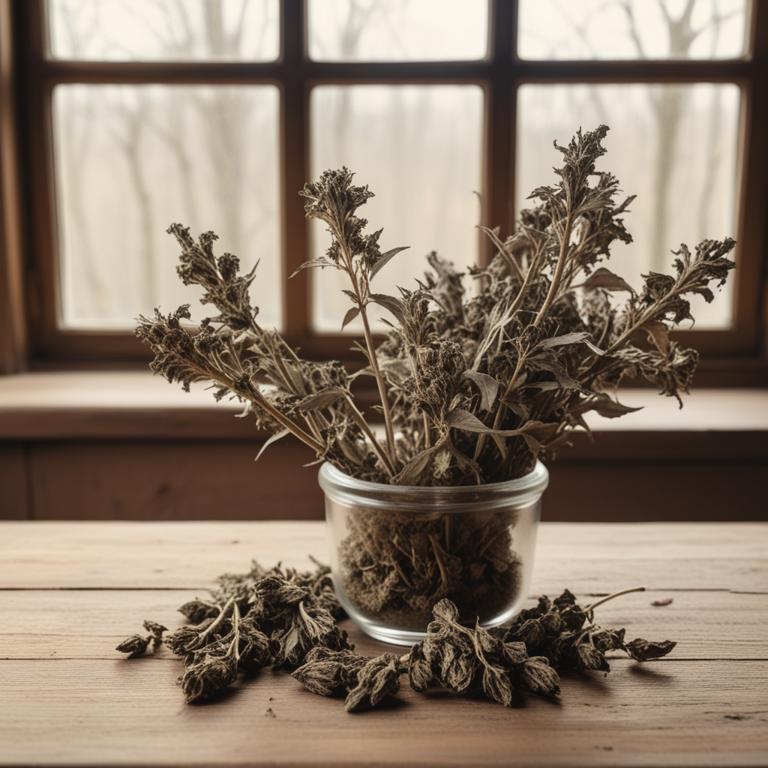
Taste Loss: Causes, Medicinal Herbs, and Herbal Preparations for Prevention
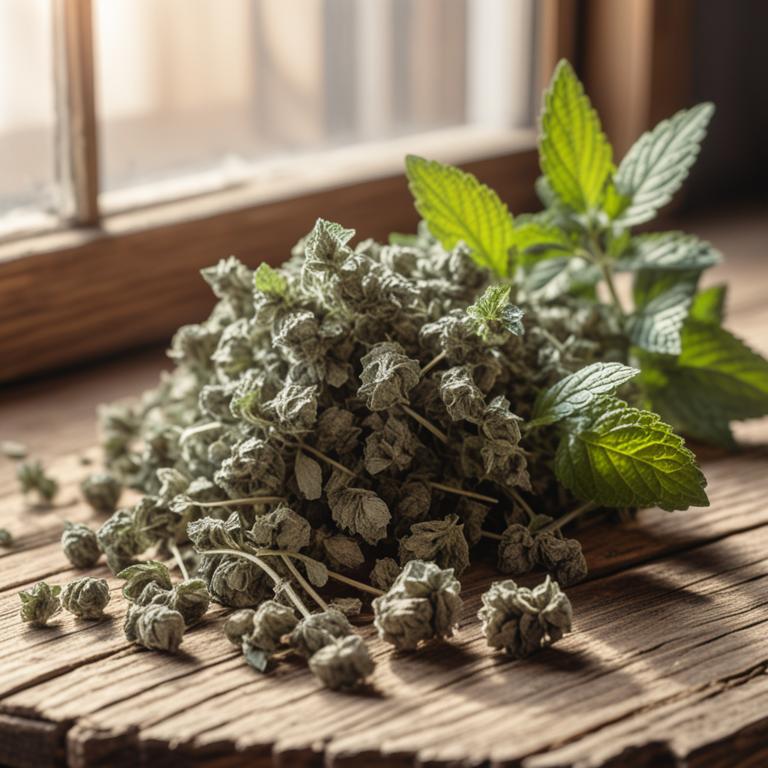
Understanding Headaches: Causes, Herbal Remedies, and Natural Preparations
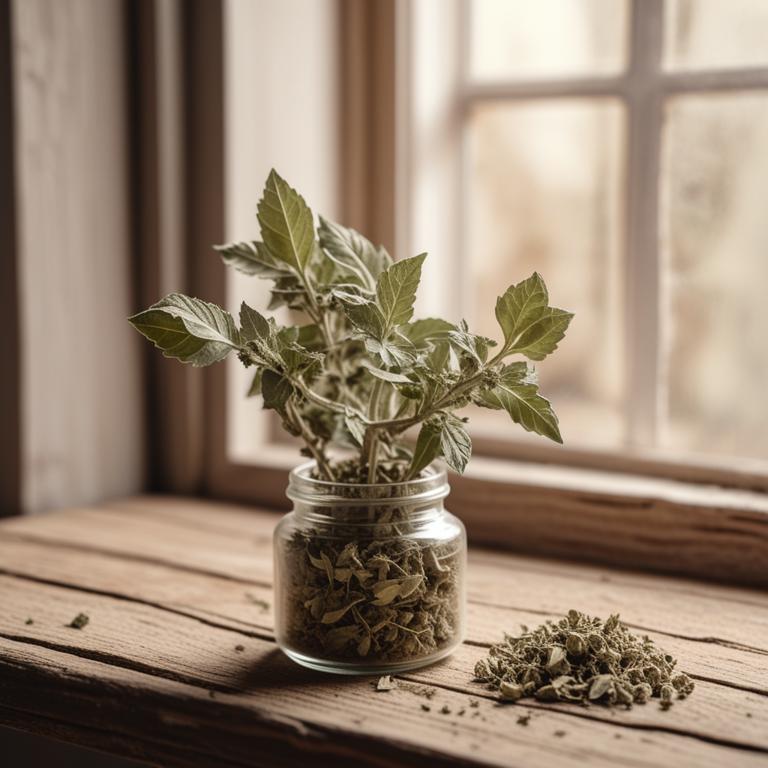
Brain Fog: A Guide to Causes, Medicinal Herbs, and Natural Preparations
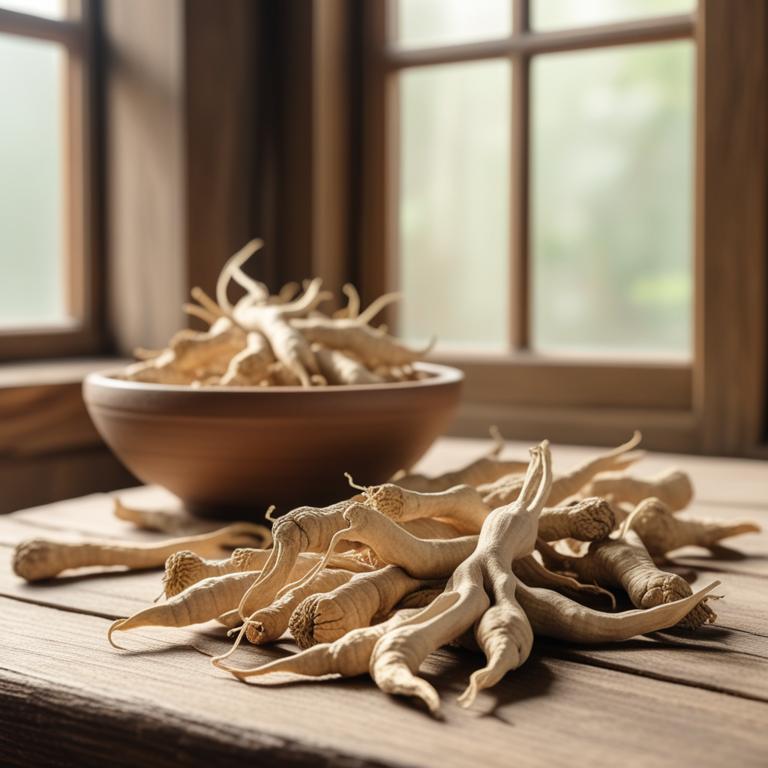
The Role of Medicinal Herbs in Neuritis Prevention and Treatment
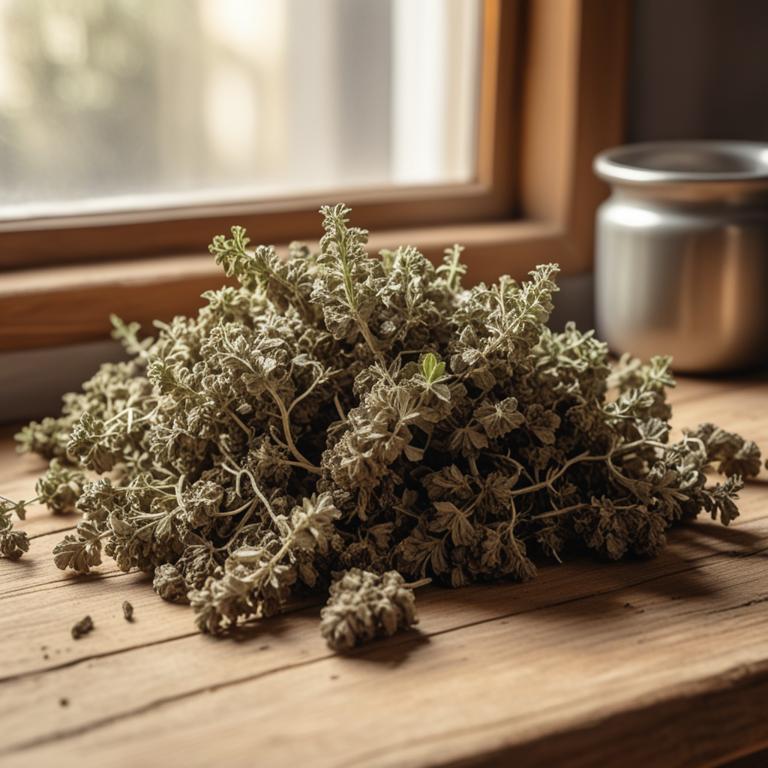
Sinus Headache Prevention and Treatment: Causes, Herbal Remedies, and More
